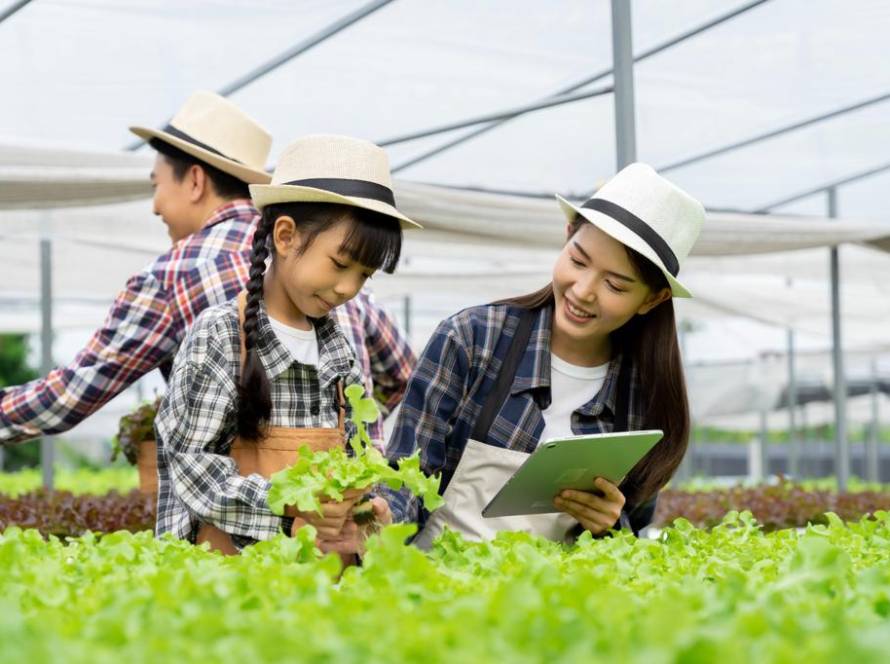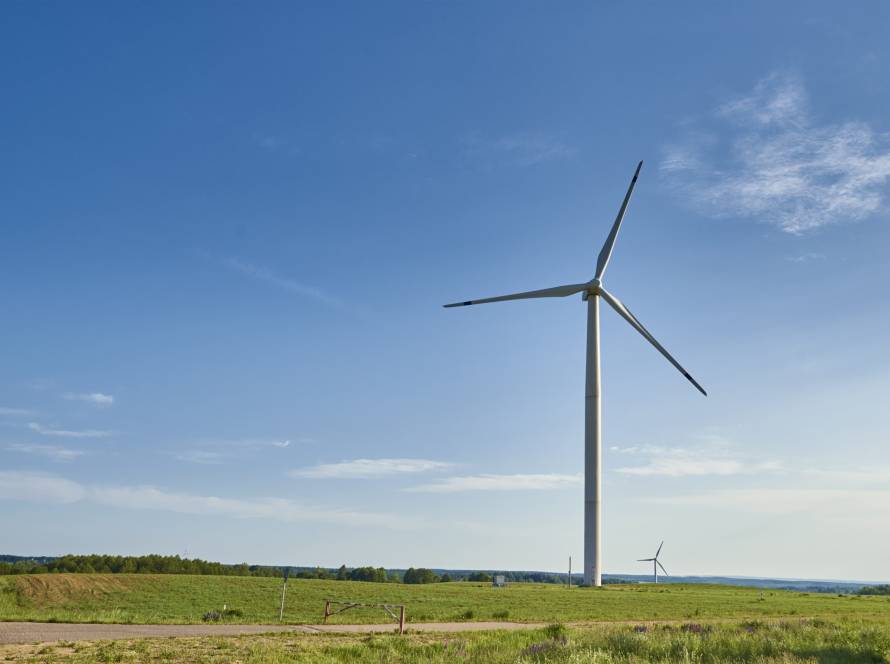With the increasing impact of global climate change, drought has become a pressing reality that threatens agricultural production worldwide. As water resources continue to dwindle, farmers are now compelled to move beyond traditional irrigation methods and adopt more efficient and sustainable solutions. At this point, smart irrigation methods play a crucial role in saving water while significantly improving production efficiency. Let’s take a closer look at these innovative technologies and how they help us fight drought.
Drought and Agriculture: Why Are Sustainable Solutions Necessary?
Drought is one of the biggest threats to agricultural production. Water scarcity slows plant growth and significantly reduces crop yields. With a rising global population, the demand for food is increasing, and this requires us to use available water resources more wisely.
- Soil Erosion: When soil lacks sufficient moisture due to drought, it becomes prone to erosion from wind and rain.
- Decreasing Productivity: Traditional irrigation methods result in excessive water loss, depriving plants of the moisture they need.
- Economic Losses: Drought-induced yield losses place farmers under significant economic pressure.
To combat these challenges, smart irrigation methods are becoming increasingly popular. By using minimal water to achieve maximum productivity, we can address water scarcity effectively.
What is Smart Irrigation?
Smart irrigation refers to technology-driven irrigation systems that deliver water to plants at the right time, in the right amount, and directly to the roots. By using sensors, automation systems, and data analytics tools, water consumption is optimized, and waste is minimized.
What Are the Smart Irrigation Methods?
1. Drip Irrigation System
Drip irrigation delivers water drop by drop directly to the plant’s root zone. Unlike traditional surface irrigation, it prevents evaporation and unnecessary water infiltration into the soil.
Advantages:
- Provides 50-70% water savings.
- Ensures plants receive just the right amount of water, preventing wastage.
- Reduces weed growth and the risk of plant diseases.
2. Sensor-Based Irrigation
Soil moisture sensors and weather stations ensure that irrigation is performed based on the plant’s needs. Sensors continuously measure the soil’s moisture level and activate the irrigation system automatically when needed.
Advantages:
- Prevents over-irrigation.
- Optimizes water consumption and avoids waterlogging.
- Reduces production costs.
3. Automated Irrigation Systems
Smart automation systems provide innovative solutions where irrigation is carried out without manual intervention. The irrigation needs of the field or garden are pre-programmed, and the system operates autonomously.
Advantages:
- Saves time for farmers.
- Minimizes human error.
- Makes water and energy use more efficient.
4. IoT-Enabled Irrigation Solutions
Internet of Things (IoT) technology uses smart devices and sensors to analyze irrigation needs in real time and provides instant data. Farmers can monitor and control irrigation processes remotely via mobile applications.
Advantages:
- Allows remote management of irrigation.
- Enables data-driven decision-making.
- Ensures water is used in the right amount at the right time.
Preserving Water Resources with Smart Irrigation
Smart irrigation systems not only make farmers’ jobs easier but also play a critical role in preserving water resources. Here are the long-term benefits of these technologies:
- Water Conservation: Smart systems ensure water resources are used efficiently without waste.
- Environmentally Friendly Farming: Overuse of water damages soil structure and causes erosion. Smart irrigation helps maintain ecological balance.
- Economic Gains: Reduced water usage lowers energy costs and irrigation expenses.
- Increased Productivity: With optimized water delivery, plants grow healthier, and yields increase.
Prepare for the Future with Technological Solutions to Drought
Today, the sustainability of agriculture depends on technological innovations. Smart irrigation systems provide practical solutions for farmers in the fight against drought. These systems not only offer economic benefits to producers but also aim to protect water resources for future generations, ensuring a more livable world.
Using the power of technology in agriculture is not just a necessity; it’s a critical step toward more efficient and conscious production. Let’s not forget that every drop of water matters, and with smart irrigation systems, we hold the key to preserving this invaluable resource.
The future of agriculture starts today!





